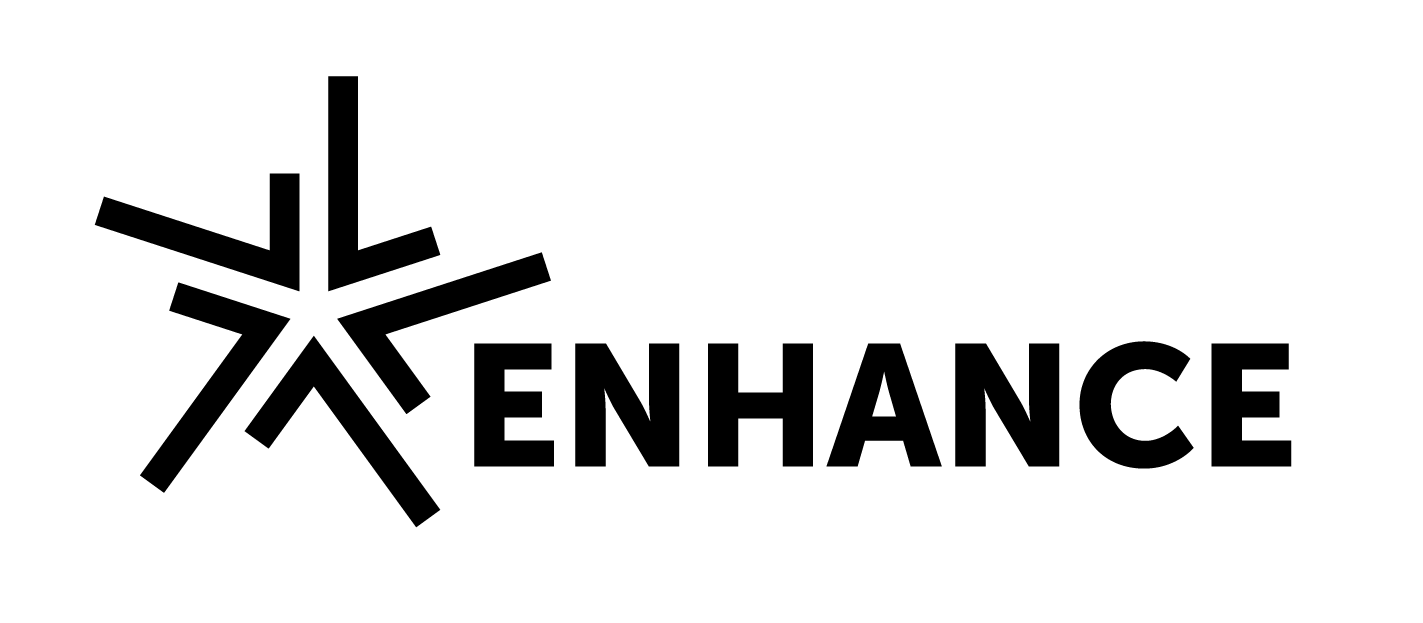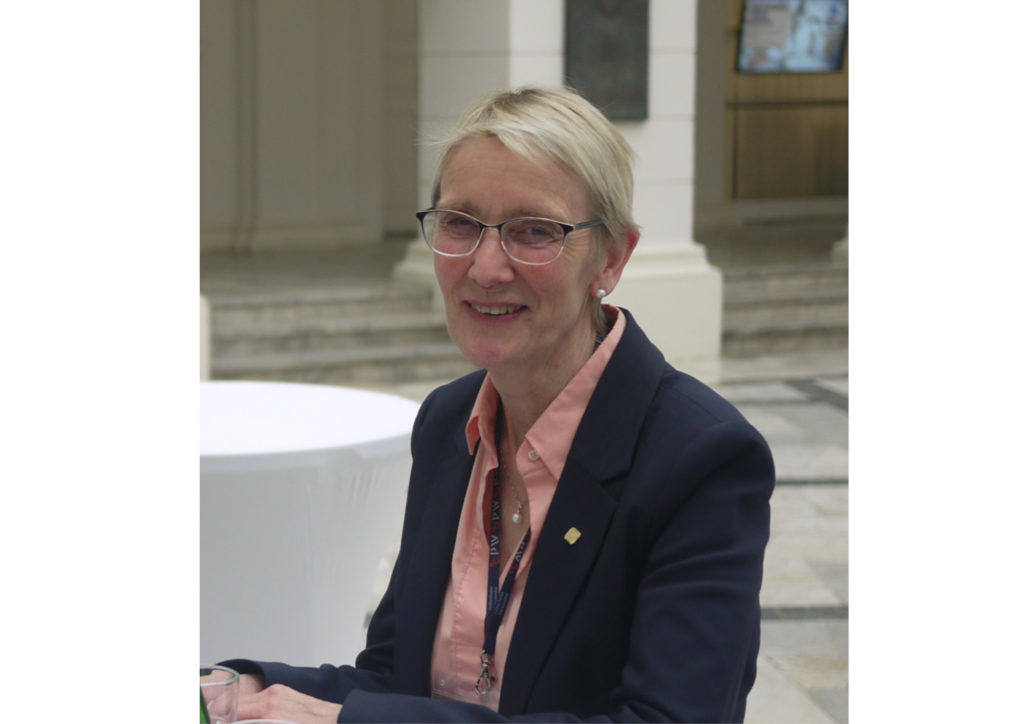Anne Borg represents ENHANCE at the meeting between the European Alliance of universities’ Rectors and Commissioner Gabriel
The ENHANCE Alliance will be represented by Anne Borg, Rector of NTNU, and Chairperson of the ENHANCE Board of Directors at the in-person meeting of Rectors on 31 January in Brussels with Mariya Gabriel, Commissioner for Innovation, Research, Culture, Education and Youth. The 44 European University Alliances are expected to participate in this meeting to discuss the next deployment phase and the long-term future of the European University Initiative.
One day before the meeting with the Commissioner, the Rectors will have the opportunity to gather and exchange together on their respective alliances. This moment will give them the chance to see the good practice each of their consortiums has put in place and share the challenges they are facing with Commissioner Gabriel. It will also be the occasion for them to talk about their vision for the initiative, considering the European Strategy for Universities. Anne Borg will be moderating a session on the European Strategy for Universities and how our alliances can make European Higher Education thrive.
Discussions about the current situation turned toward the future
The objective of this second day of discussion is to organise an “open high-level dialogue” about the conclusion of the alliances’ activities and their future. The participants will talk about their main achievements, outcomes and progress as European University alliances and they will reflect on the opportunities for the years to come, with the idea of deepening the links between them.
Among these large themes, some concrete topics will be addressed. The progress made by the alliances will not only be discussed in terms of ideas but in actual actions and statistics, like the realisation of European inter-university campuses, the 50% target for student mobility, new innovative pedagogies, and joint governance structures and educational activities. A joint degree based on common European criteria and a possible legal status for the alliances are two important themes for the European Union, they even have their own call for proposals, and they will be discussed during these meetings.
Many other precise topics at the heart of the European Union and the European University Initiative are expected to emerge during the discussion, such as learning from the green transition and sustainable development or micro-credentials for lifelong learning. If the question of forging a culture of cooperation between the alliances will be one of those topics, this meeting of the Rectors together with Commissioner Gabriel is already a way to strengthen the links between the consortiums.

